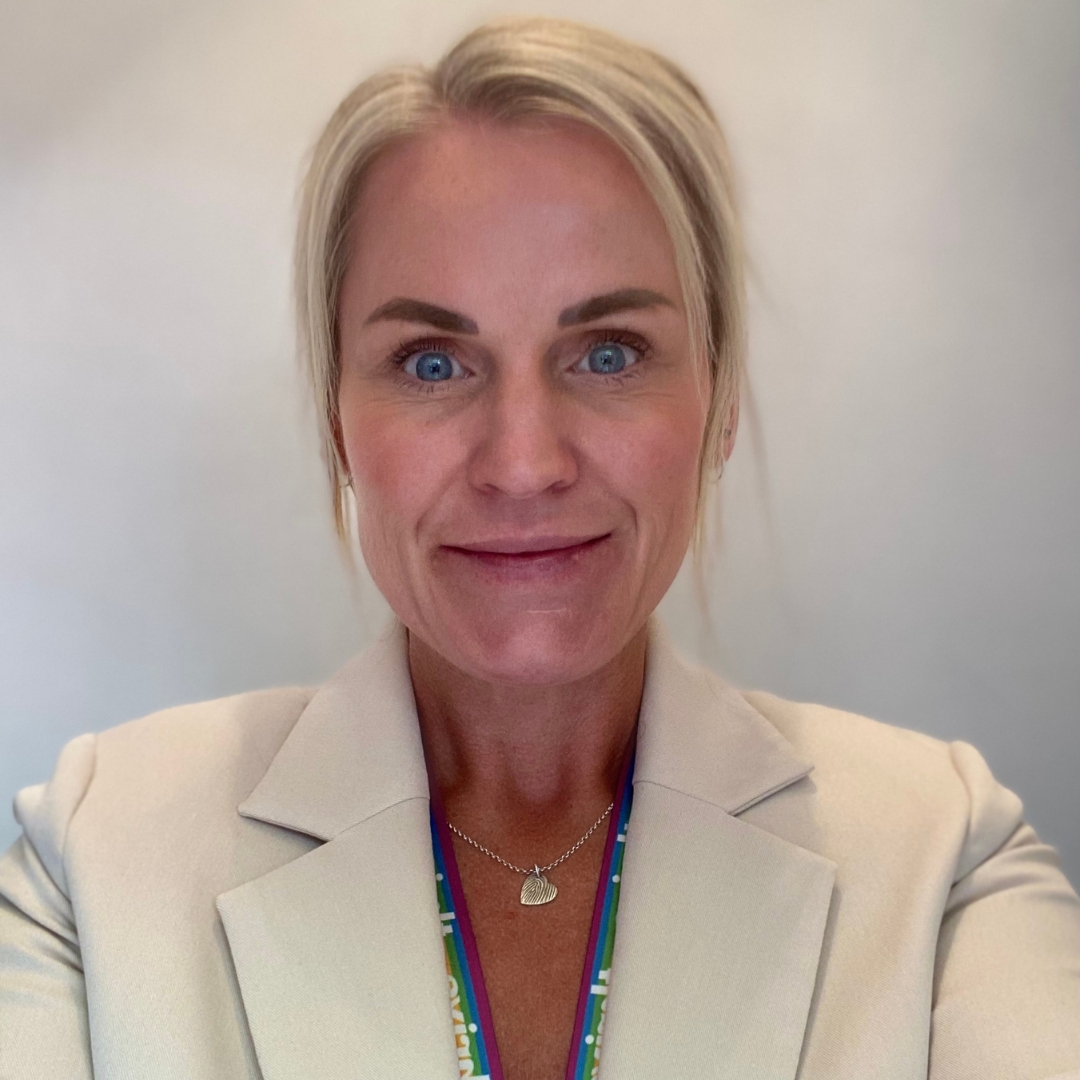Supporting SEND in the early years
We champion inclusive practice in the early years, where the needs of children with SEND aren't just noticed, but understood and celebrated.
Supporting children with special educational needs and disabilities (SEND) in the early years can be both rewarding and challenging. Needs are increasing, complexity is rising and no two days ever look the same.
To help, we've created a free resource pack for early years practitioners. Inside, you'll find practical tools, simple strategies and reflective prompts rooted in Thrive's approach to social and emotional development. It's all about connection over correction, curiosity over certainty and building inclusive environments.
.jpg)

Why identification of SEND in the early years matters so much
Experiences in the early years lay the foundations for all future learning.
It's during this time that children begin to make sense of themselves, other people and the world around them. For children with SEND, the way we notice, respond and connect during these early years shapes their confidence, wellbeing and long-term relationship with learning.
Supporting SEND in the early years starts with curiosity. It might mean slowing things down, looking beneath behaviour, noticing sensory sensitivities or valuing different communication styles.
With the right early identification and SEND support in place, every child can feel seen, understood, and ready to learn - in their own time, and in their own way.
FREE goodie bag packed with early years resources to understand SEND complexities!
Download nowFREE EARLY YEARS RESOURCES
Supporting young
children's development
Inside, you'll discover:
- Webinar covering the evolving landscape of SEND in the early years, with insight into common behaviours and practical activities to support young children.
- E-guide about how to create a sense of belonging, with strategies to help young children feel safe, seen and emotionally secure.
- E-guides exploring what to do when little ones lash out or bite, and strategies to help children feel secure while learning new ways to express their needs.
- Bite-sized videos offering emotions resources for early years, to help you better understand children’s emotional cues and guide them towards safe self-expression.

A note from Dani Lawson, Thrive’s Training, Practice and Innovation Lead
I’m excited to share our free goodie bag, created especially for early years educators.
It's packed with practical, easy-to-use early years resources designed to support emotional wellbeing and development in the early years - including tips on creating a sense of belonging, managing behaviour and understanding children's emotions. I hope these tools help you feel confident, supported, and inspired as you continue the incredible work you do every day.
Frequently asked questions
Thrive provides tools, training and approaches to support children’s social and emotional development. It helps practitioners understand behaviour through a developmental lens, and respond with strategies that build connection, confidence and resilience.
We've included a webinar exploring the evolving landscape of SEND in the early years, common behaviours exhibited, practical activities to support young children in the moment, and strategies drawn from our understanding of neuroscience that are designed to support practitioners to cope.
